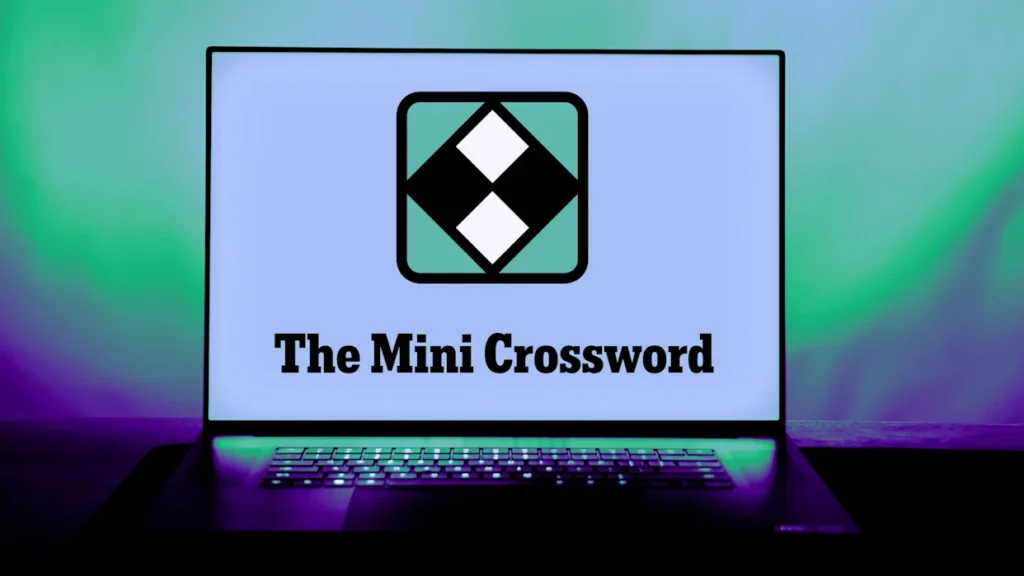
The New York Times Mini Crossword is no longer free to play as of late August 2025, a decision that has frustrated many longtime fans. What makes the backlash stronger is the fact that the change arrived with no prior notice, effectively locking players out of their daily puzzle routine overnight.
A Bite-Sized Favorite Since 2014
The Mini Crossword is a condensed version of the NYT Crossword puzzle, edited by Joel Fagliano. It first launched on August 21, 2014, alongside the dedicated NYT Crossword app. Since then, the daily Minis had always been available for free, with only the archive locked behind a paywall.
That changed just days after the game’s 11th anniversary, when reports surfaced on August 25, 2025, that the Mini was suddenly locked behind a subscription. At first, some users speculated it might be an error. But an update to the official FAQ confirmed it: the Mini Crossword is now available exclusively to paying subscribers of The New York Times.
Fan Backlash and Reactions
For many, the Mini Crossword was more than a puzzle—it was part of a daily routine. Reactions to the paywall have ranged from disappointment to outright anger. Some New York Times subscribers even claimed to cancel their memberships in protest, though this pushback appears limited so far.
Tests by Game Rant showed that the new paywall applies globally, regardless of region, confirming the move is not a localized experiment but a permanent shift.
The Times’ Business Strategy
In a statement to The Hill, The New York Times defended the change, pointing to its portfolio of ten puzzle titles, most of which remain free. However, the company did not rule out the possibility of further games being paywalled, saying it will continue to “experiment with what works best” for both its audience and its subscription model.
That model has been successful. The Times added nearly 250,000 new subscribers in Q2 2025, bringing its total to 11.88 million, of which 11.3 million are digital-only. The Mini’s paywall underscores this broader strategy: to drive growth through subscriptions, even if it means restricting previously free content.
Accessibility vs. Business Growth
While the move may make financial sense, many fans argue that the Mini Crossword’s appeal was its accessibility. It served as an easy, approachable entry point into the Times’ broader offerings. Now that barrier-free entry is gone, some fear the publisher risks alienating casual players who might never convert to paying subscribers.